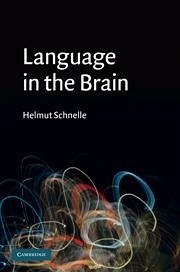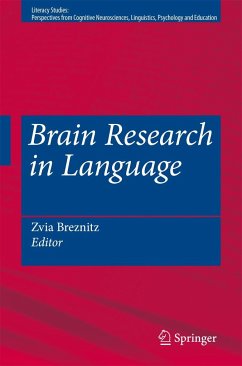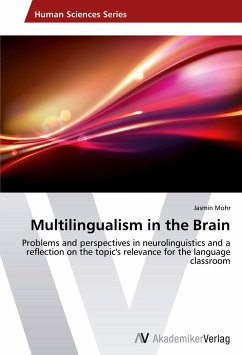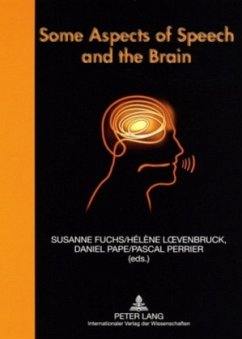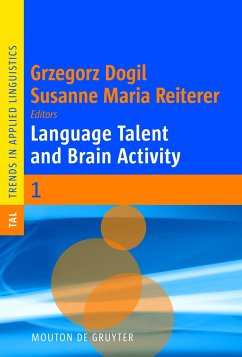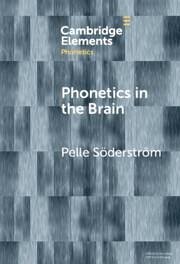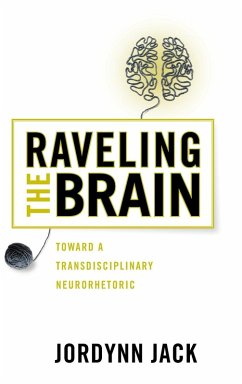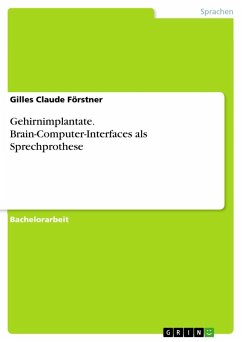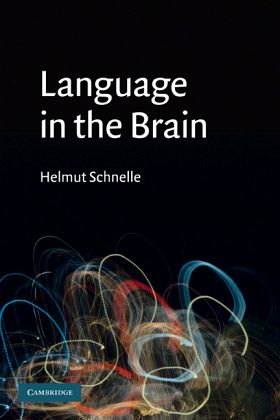
Language in the Brain
Versandkostenfrei!
Versandfertig in über 4 Wochen
58,99 €
inkl. MwSt.
Weitere Ausgaben:

PAYBACK Punkte
29 °P sammeln!
Linguistics, neurocognition, and phenomenological psychology are fundamentally different fields of research. Helmut Schnelle provides an interdisciplinary understanding of a new integrated field in which linguists can be competent in neurocognition and neuroscientists in structure linguistics. Consequently the first part of the book is a systematic introduction to the function of the form and meaning-organising brain component - with the essential core elements being perceptions, actions, attention, emotion and feeling. Their descriptions provide foundations for experiences based on semantics ...
Linguistics, neurocognition, and phenomenological psychology are fundamentally different fields of research. Helmut Schnelle provides an interdisciplinary understanding of a new integrated field in which linguists can be competent in neurocognition and neuroscientists in structure linguistics. Consequently the first part of the book is a systematic introduction to the function of the form and meaning-organising brain component - with the essential core elements being perceptions, actions, attention, emotion and feeling. Their descriptions provide foundations for experiences based on semantics and pragmatics. The second part is addressed to non-linguists and presents the structural foundations of currently established linguistic frameworks. This book should be serious reading for anyone interested in a comprehensive understanding of language, in which evolution, functional organisation and hierarchies are explained by reference to brain architecture and dynamics.





